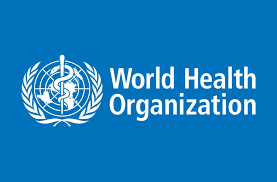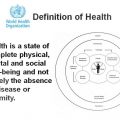World Health Organization’s defines self care as “the ability of individuals, families and communities to promote health, prevent disease, maintain health, and cope with illness and disability with or without the support of a health-care provider.
Types of Self-Care
Physical Self-Care
You need to take care of your body if you want it to run efficiently. Keep in mind that there’s a strong connection between your body and your mind. When your caring for your body, you’ll think and feel better too. Physical self-care includes how you’re fueling your body, how much sleep you’re getting, how much physical activity you are doing, and how well you’re caring for your physical needs. Attending appointments, taking medication as prescribed, and managing your health are all part of good physical self-care.
Mental Self-Care
The way you think and the things that you’re filling your mind with greatly influence your psychological well-being. Mental self-care includes doing things that keep your mind sharp, like puzzles, or learning about a subject that fascinates you. You might find reading books or watching movies that inspire you fuels your mind. Mental self-care also involves doing things that help you stay mentally healthy. Practicing self-compassion and acceptance, for example, helps you maintain a healthier inner dialogue.
Social Self-Care
Socialization is key to self-care. But, often, it’s hard to make time for friends and it’s easy to neglect your relationships when life gets busy. Close connections are important to your well-being. The best way to cultivate and maintain close relationships is to put time and energy into building your relationships with others. There isn’t a certain number of hours you should devote to your friends or work on your relationships. Everyone has slightly different social needs. The key is to figure out what your social needs are and to build enough time in your schedule to create an optimal social life.
Spiritual Self-Care
Research shows that a lifestyle including religion or spirituality is generally a healthier lifestyle. Nurturing your spirit, however, doesn’t have to involve religion. It can involve anything that helps you develop a deeper sense of meaning, understanding, or connection with the universe. Whether you enjoy meditation, attending a religious service, or praying, spiritual self-care is important.
Emotional Self-Care
It’s important to have healthy coping skills to deal with uncomfortable emotions, like anger, anxiety, and sadness. Emotional self-care may include activities that help you acknowledge and express your feelings on a regular basis. Whether you talk to a partner or close friend about how you feel, or you set aside time for leisure activities that help you process your emotions, it’s important to incorporate emotional self-care into your life.




